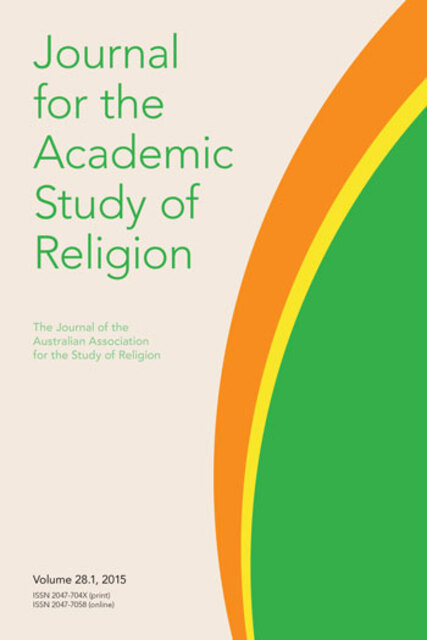Religiosity and Entrepreneurship in Post-Soviet Russia

Full description
This article empirically studies the associations between religion (Orthodox Christianity, Islam, and non-religion), religiosity (to be a believer or not, and to what extent), religious participation (attending divine services, meetings or other religious events) and the probabilities of being an entrepreneur in post-Soviet Russia. Using logistic regressions and data from the Russian Longitudinal Monitoring Survey, the findings suggest lower likelihoods of being an entrepreneur in the case of Orthodox Christians, religiosity shows mixed results, and religious participation presents positive links (increasing the probabilities of becoming an entrepreneur). Nevertheless, the negative association between Orthodoxy and entrepreneurship lacks statistical significance in several specifications. Indeed, only religious participation shows robust results, particularly for men. Note that religious participation is linked to social capital, namely, networking, facilitating resources for entrepreneurship. Therefore, in Russia, the religion-entrepreneurship nexus is associated with participation, and not precisely with religious affiliations or beliefs.
- typeImage
- created on
- file formatjpeg
- file size24 KB
- container titleJournal for the Academic Study of Religion
- creatorEdgar Demetrio Tovar-García
- issnISSN: 2047-7058 (online)
- issue35.3
- publisherEquinox Publishing Ltd.
- publisher placeSheffield, United Kingdom
- doi
We use cookies to analyze our traffic. Please decide if you are willing to accept cookies from our website. You can change this setting anytime in Privacy Settings.
